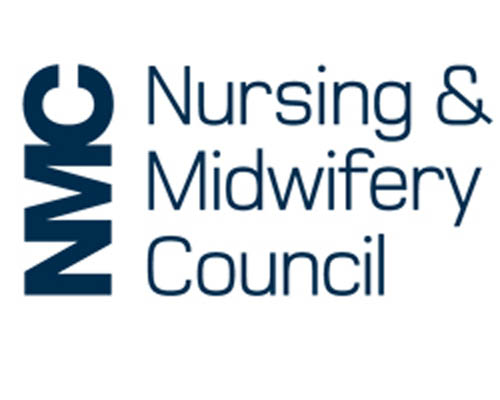A HEARING into a midwife accused of harming 20 unborn babies was told by a consultant she had never seen such drastic and unexplained drops in babies’ heartbeats.
Dr Tara Fairley told how one baby’s heart rate fell in under four minutes from a healthy 110bmp to a critical 66bmp.
Dr Fairley also revealed that the midwife at the centre of the case, Kirsteen Stewart, had been experiencing “professional difficulties” with another midwife at the time of the incidents.
Ms Stewart is accused by the Nursing and Midwifery Council (NMC) with needlessly giving a labour-inducing drug to the pregnant women at Aberdeen Maternity Hospital. It is claimed her actions resulted in 12 of the mothers needing emergency cesarean sections to save the lives of their babies.
Ms Stewart, 48, from Newmachar, Aberdeen, is not present or represented at the hearing in Edinburgh but claimed during an investigation the cases were “bad luck”.

The babies suffered bradycardia, a fetal heart rate of fewer than 100 beats per minute which can result in distress, jaundice and even death. The NMC claims this happened as a result of Ms Stewart giving women “bolus” – intravenous – doses of the labour-inducing, or “oxytocic”, drug Syntocinon.
Dr Fairley told the hearing yesterday (Wed): “I have been practising for 13 years and I have never seen a single case that is completely unexplained of this severity.
“The condition usually occurs when the baby has already shown signs of distress, not for a completely healthy fetus as we have seen in all of these cases.
“The only logical explanation is for a bolus dose of an oxytocic drug being administered.”
She added: “I am aware of one baby requiring intensive care and several had to spend time in the neonatal unit.
“In one case the baby’s heart rate dropped from above 100bpm to 66bpm in less than four minutes.”
Dr Fairley said that profound fetal bradycardia occurred in all of the cases and that the unborn babies experienced a significant drop in heart rate over a prolonged period of time, sometimes over nine minutes.
“This profound Fetal Bradycardia usually happens very infrequently and there would almost always be an explanation,” she said.
“When fetal bradycardia goes on for over nine minutes we would be very, very concerned.”
The obstetrician explained that a bolus dose is larger than a normal dose and given very quickly.
She said: “Syntocinon, the drug in question, is usually recommended by a midwife either to induce or progress labour, but it would have to then be prescribed by a doctor.
“If too much is administered then it would make the uterus contract very firmly, which deprives the baby of oxygen.
“This means that they may require emergency delivery, and they could suffer from a brain injury, cerebral palsy or even death.
“The mother will also experience painful, sustained contractions and they may also have very low or high blood pressure.”
The consultant also revealed during her evidence that all was not well between the midwife and a colleague at the time of the incidents.
She said: “When I was approached during the initial investigation for my opinion, I was aware that Ms Stewart had indicated she was having professional difficulties with a colleague. I am not aware of the nature of those difficulties.”
The NMC admits it has no direct evidence of Ms Stewart giving Syntocinon to the mothers. It said its case depended on the “remarkable trend of women who experienced problems” following her involvement.
Police investigated Ms Stewart but no criminal proceedings were brought against her in relation to the incidents which occurred between October 2007 and March 2010.
The hearing continues.

